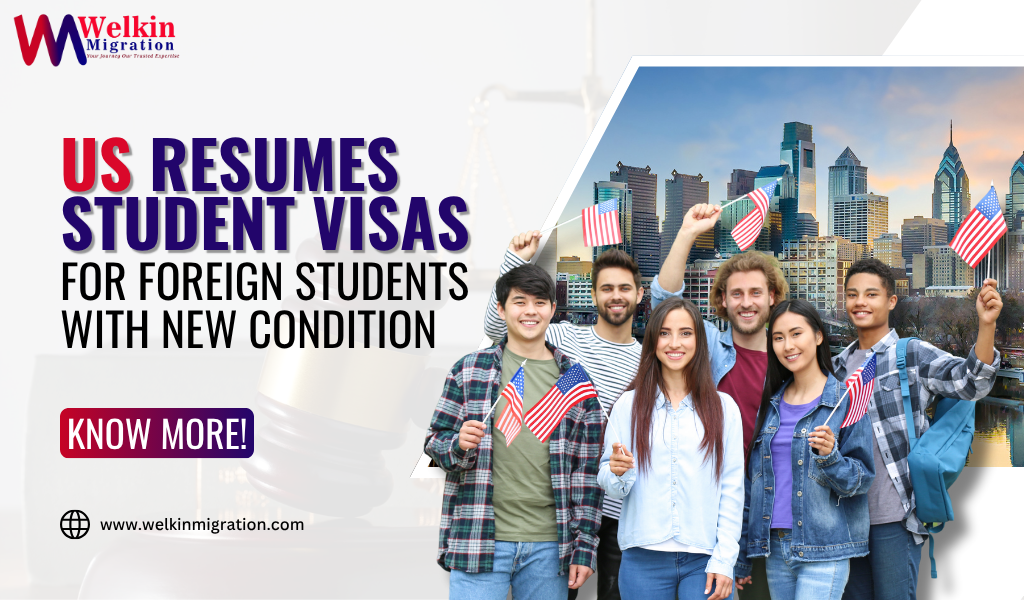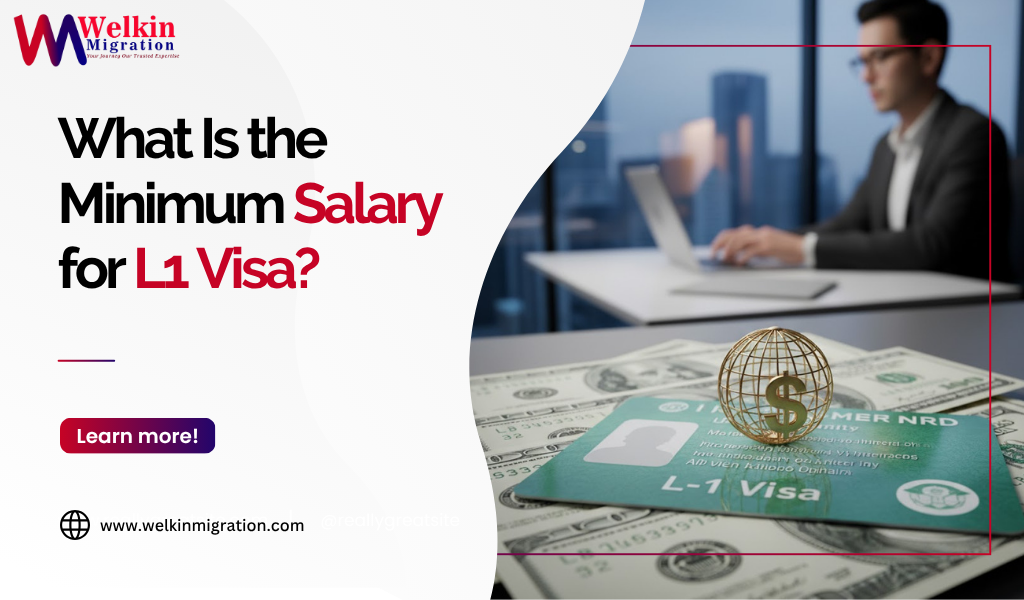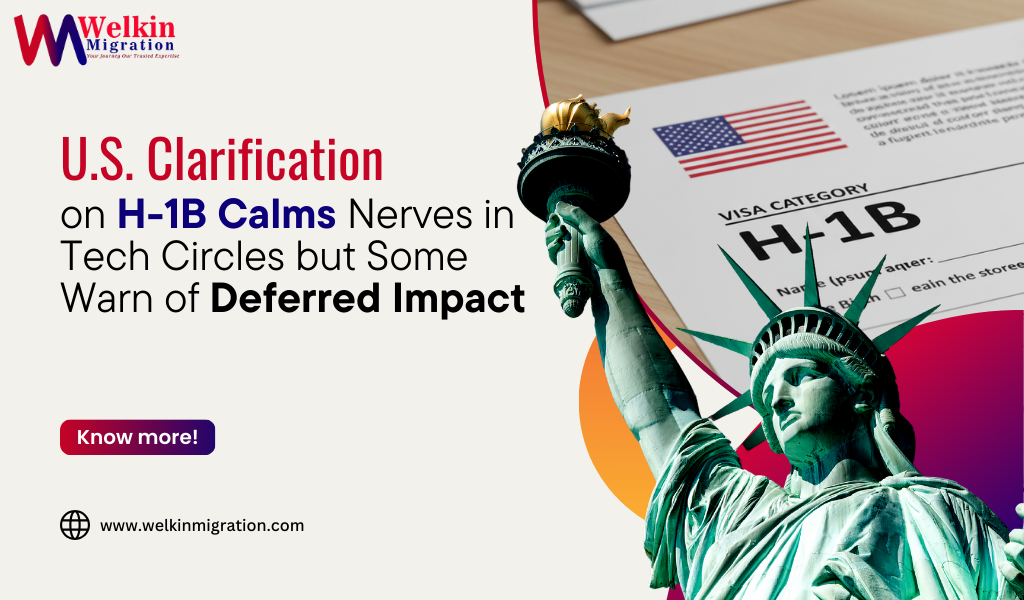Studying in the United States has long been a dream for millions of international students. With its world-renowned universities, diverse culture, and unmatched opportunities, the U.S. continues to be a top destination for higher education. After a temporary pause in visa appointments, the US student visa process has officially resumed — but with an important new condition.
In this blog will walk you through everything you need to know about the latest update, how it affects students applying for a study visa in USA, and what you should do to prepare.
US Now Asks Student Visa Applicants to Make Social Media Profiles Public
The United States State Department has now completely lifted the halt on the new student visa interviews. But there is a new requirement for anyone applying internationally: public social media accounts.
This decision is in keeping with an expanded vetting process in which consular officers will look for signs of hostility toward the United States, its people, institutions and values among social media activity.
Refusing to disclose social media accounts could see a visa denied, the State Department claimed.
Why This Change Matters for International Students?
The above-mentioned new rule has an extremely important effect on USA study visa application process. Until recently, students had to provide financial details, educational background, and passport information, among other things. Now, consular officers have an additional screening process to complete.
This is how and why we decided to check public social media profiles:
-
Ensure national security
-
Prevent the entry of individuals with hostile intentions
-
Maintain transparency during the vetting process
Though this is quite an invasive precaution, it symbolises that the security policies of the US are not something that should be taken playfully, not even from students.
Understanding the US Student Visa Process in 2025
Here's an overview of the current US student visa process if you intend to study in the US:
Step 1: Get Accepted by a SEVP-Approved School
An I-20 Form, which must come from a recognized institution under the Student and Exchange Visitor Program (SEVP).
Step 2: Pay the SEVIS Fee
So once you get your I-20, you would have to pay for the SEVIS I-901 fee online. Before booking your visa interview, you will need this.
Step 3: Complete the DS-160 Form
You will get the visa application form to be filled by you. Fill it correctly and save the confirmation receipt.
Step 4: Schedule Your Visa Interview
Set up an appointment for your visa at the US embassy or consulate near you. Keep your documentation prepared →
Step 5: Make Social Media Accounts Public
The new measure requires only student visa applicants to provide listings of their social media profiles–including accounts on social media platforms such as Facebook and Twitter–for review.
Step 6: Attend Your Interview
Many of these answers will be the same ones you faced at the visa application stage, where you should have been prepared for questions about things like your academic plan, funding, and ties to your home country — as well as your social media activity.
Related Blog: USA Study Visa: Financial Requirements for International StudentsKey Requirements for USA Study Visa
Make sure you comply with the following to get eligible for study visa in USA:
-
Valid passport
-
Form I-20 from an accredited U.S. school
-
Proof of financial capability
-
SEVIS and visa fee payments
-
Academic records and English proficiency scores
-
Public access to your social media accounts
Social Media Screening: What Are They Looking For?
The enhanced vetting process expands on the following:
-
Posts or content that appear hostile to the US
-
Associations with extremist groups
-
Activities or language suggesting illegal behavior
-
Attempts to hide identity or evade vetting
The idea is to safeguard the country against possible threats but do it in a manner that doesn't negatively impact authentic students.
How to Prepare Your Social Media Profiles?
And here are some ways to get in sync with the new policy:
-
Avoid controversial or offensive content
-
Remove any posts critical of the US government
-
Do not share or like content linked to illegal or violent ideologies
-
Make sure your profile name and photo match your passport and application info
-
Set your profile to "public" until the visa process is complete
Advantages of Studying in the USA Despite New Conditions
However, even with the increased filtering, studying in the U.S. is still a great value:
-
Access to world-class universities and research
-
Exposure to multicultural environments
-
Internship and job opportunities under OPT and CPT
-
A globally recognized degree








